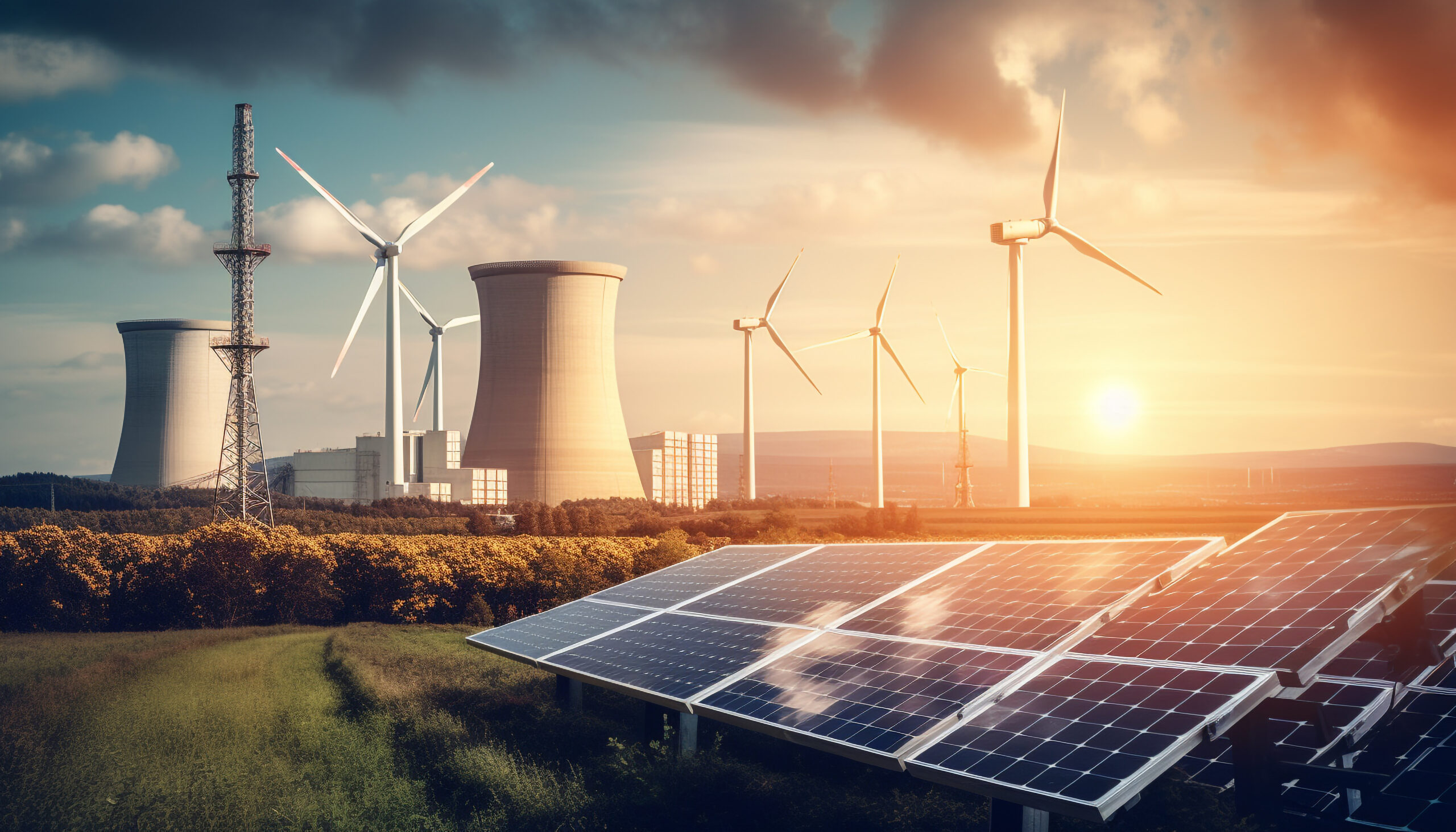Below are some of the major areas of focus for investment in the energy transition:
The transition to renewable energy is not only about developing clean energy sources like solar, wind, and hydro, but also about ensuring that the infrastructure required to deliver, store, and manage this energy is efficient, reliable, and scalable. The development of grid infrastructure is a critical part of this transition, as it must support the integration of renewable energy sources, manage fluctuations in power generation, and ensure energy is distributed effectively across regions. Investing in both renewable energy infrastructure and grid infrastructure offers substantial opportunities

The hydrogen economy refers to an energy system where hydrogen is used as a primary energy carrier to replace fossil fuels in various sectors, including transportation, power generation, and industrial processes. Hydrogen is considered a key enabler of the energy transition, as it has the potential to decarbonize sectors that are difficult to electrify, such as heavy industry, long-haul transportation, and chemical production. The development of the hydrogen economy is central to global efforts to achieve net-zero emissions and combat climate change.
The electric vehicle (EV) market is rapidly growing as global efforts to reduce greenhouse gas emissions, improve air quality, and transition to cleaner energy solutions accelerate. EVs are becoming a central part of the future of transportation, with governments, automakers, and consumers all increasingly investing in electric mobility. However, to fully realize the potential of EVs, a robust EV infrastructure (including charging networks, battery production, and grid integration) is critical.
Biofuels are renewable fuels derived from organic materials, such as plants, algae, and waste. These fuels are used primarily in transportation, heating, and power generation, offering a cleaner alternative to fossil fuels like coal, oil, and natural gas. Biofuels play a significant role in reducing greenhouse gas emissions and enhancing energy security by diversifying the sources of energy. The biofuels sector is integral to the global transition towards a low-carbon economy and the shift away from fossil fuels. It offers a broad range of investment opportunities as countries and companies seek to meet renewable energy targets and reduce dependence on non-renewable resources.
Small Nuclear Power Plants/ Small Modular Reactors (SMRs) represent a new generation of nuclear technology that offers several advantages over traditional large-scale nuclear power plants. SMRs are compact, scalable, and designed to be more affordable, flexible, and safer than their larger counterparts. They have the potential to revolutionize nuclear energy by addressing many of the challenges that have historically limited nuclear energy’s widespread adoption, including safety concerns, waste management, and high capital costs.
Dynavision is a proprietary family office that takes a long-term, fundamentals-driven approach to investing in both public and private space. As stewards of patient, unleveraged proprietary capital, we maintain the flexibility to invest beyond market trends, focusing instead on businesses with enduring value and sustainable competitive advantages.
© 2025 DYNAVISION VENTURES LLP